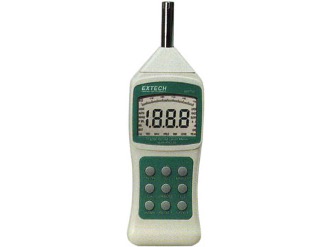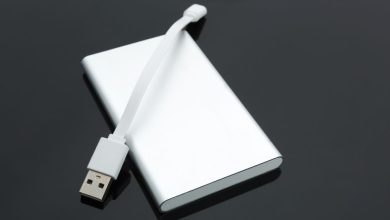In a world filled with various noises and soundscapes, the importance of accurately measuring and assessing sound levels cannot be overstated. Sound meters, also known as noise meters or decibel meters, play a crucial role in numerous industries and applications. From ensuring workplace safety to evaluating environmental noise, these devices have a wide range of uses that contribute to maintaining a balanced and harmonious acoustic environment. In this article, we will delve into the multifaceted applications of sound meters and how they impact our lives.
What are sound meters
Sound meters are electronic devices designed to measure sound levels in decibels (dB). They consist of a microphone to capture sound, a signal processing unit, and a display screen. The versatility of sound meters lies in their ability to capture various types of sound, ranging from soft whispers to loud industrial machinery noise.
Application
Industrial Noise Monitoring
In industrial settings, excessive noise can be detrimental to both workers’ health and machinery. This Measuring Instruments are used to monitor noise levels in factories, construction sites, and manufacturing units. By identifying noise hotspots, industrial managers can take necessary measures to reduce noise exposure and protect workers from hearing damage.
Occupational Safety and Health Regulations
Government regulations mandate employers to maintain safe noise levels in workplaces. Sound meters aid in compliance with these regulations by providing accurate measurements. This ensures that employees are not subjected to noise levels that could harm their hearing or overall well-being.
Environmental Noise Assessment
Cities are often filled with a cacophony of sounds, impacting residents’ quality of life. Environmental agencies utilize sound meters to assess noise pollution levels in urban areas. This data informs urban planning, noise mitigation strategies, and the development of quieter communities.
Construction Site Management
Construction sites generate high levels of noise due to machinery, tools, and equipment. Monitoring sound levels helps construction managers implement noise-reduction measures, minimizing disruptions to nearby residents and adhering to noise regulations.
Entertainment and Event Management
In entertainment venues and events, sound quality is paramount. Sound engineers use sound level meters to ensure that audio levels are balanced and safe for both performers and attendees. This guarantees an enjoyable experience without risking hearing damage.
Research and Educational Purposes
Researchers in fields such as acoustics and psychology employ sound meters to study the effects of noise on human behavior and health. Additionally, educational institutions utilize sound meters to teach students about sound physics and environmental impact.
Product Testing and Quality Control
Industries producing appliances, vehicles, and machinery need to ensure that their products meet noise level standards. Sound meters are instrumental in product testing and quality control, ensuring that products do not exceed acceptable noise limits.
Automotive Noise Testing
Automobile manufacturers use sound meters to evaluate vehicle noise levels, ensuring that cars are comfortable and meet noise regulations. This extends to evaluating engine noise, tire noise, and overall cabin acoustics.
Monitoring Home Appliances
Household appliances can sometimes produce excessive noise, indicating potential malfunctions or inefficiencies. Sound meters help homeowners identify appliances that might require maintenance or replacement.
Airport Noise Monitoring
Airports are sources of significant noise pollution due to aircraft taking off and landing. Sound meters are deployed around airports to monitor noise levels, aiding in the management of noise-related issues for nearby communities.
- Assessing Noise Pollution Effects
decibel meters play a pivotal role in understanding the impacts of noise pollution on wildlife and ecosystems. Researchers use these devices to measure noise levels in natural habitats and assess the effects on animal behavior and communication.
- Community Noise Management
Local authorities use sound meters to address noise complaints and enforce noise regulations in residential areas. This ensures that neighborhoods remain peaceful and residents enjoy a good quality of life.
- Traffic Noise Analysis
Traffic noise can be a significant source of urban noise pollution. noise meters help urban planners assess traffic noise patterns and devise solutions to minimize its impact on residents.
Choose the Right Decibel Meter
There are various types of decibel meters available, ranging from basic handheld devices to more advanced models with additional features. Choose a meter that suits your needs and the environment you’ll be working in. Some meters are designed for industrial settings, while others are more suitable for casual use.
Calibrate the Meter
Calibrating your decibel meter is essential to ensure accurate measurements. Most meters come with a calibration adjustment, which allows you to set the meter to a known reference sound level. Follow the manufacturer’s instructions for calibration, usually involving a calibrator or a certified sound source.




